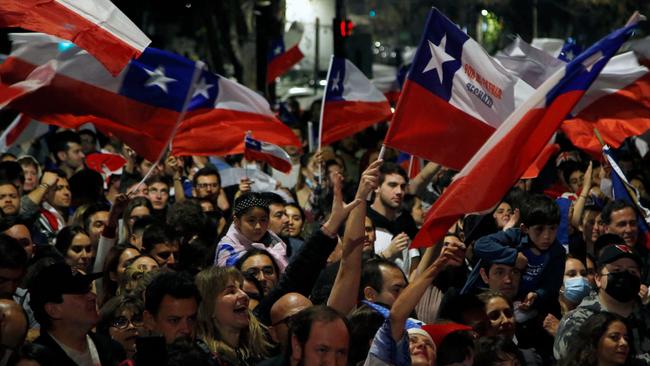
Last year, the former Spanish colony tried to indigenise and environmentalise its constitution. Its citizens rebelled. Sixty-two per cent said no. There are lessons here for Australia.
Last month, I crossed Latin America. I was part of debates about race that were strikingly like those that afflict us. I got to see how indigeneity impacts politics. I left optimistic for what awaits Australia if we vote, like Chile, not to racialise our constitution.
President Gabriel Boric, while not indigenous (his heritage is Croatian and Basque), is a Chilean version of Thomas Mayo, the Kaurareg Aboriginal and Kalkalgal, Erubamle Torres Strait Islander man, and poster boy for the Yes campaign. In 2022, Boric led a failed campaign to entrench racial grievance in a new constitution. Mayo has a similar aim, that may endure the same fate.
Mayo reminded me of Boric. Young (Boric is 37, Mayo 46), convinced of his cause, lauded by campus elites, radicalised by “lived experience” – Boric as a student, Mayo as a trade unionist – assailed by cartoonists. And both determined to divide their polity along racial lines.
Following protests against rising costs of living in 2019, the Chilean government commissioned a new constitution. The drafting process and the resulting text were a progressive’s wet dream.
Fifty per cent of the drafters had to identify as women. Rights were afforded to nature – forests and rivers would be given legal standing. Miners, the nation’s great wealth creators, as here, would be penalised. Land stolen by Spanish colonists would be returned to the Mapuche, the nation’s largest indigenous group, and to other First Chileans.
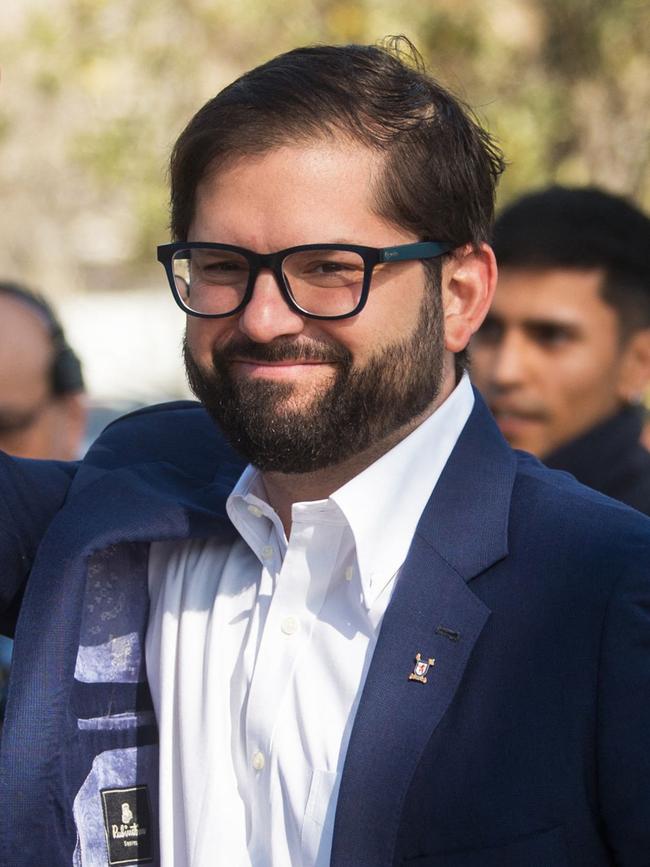
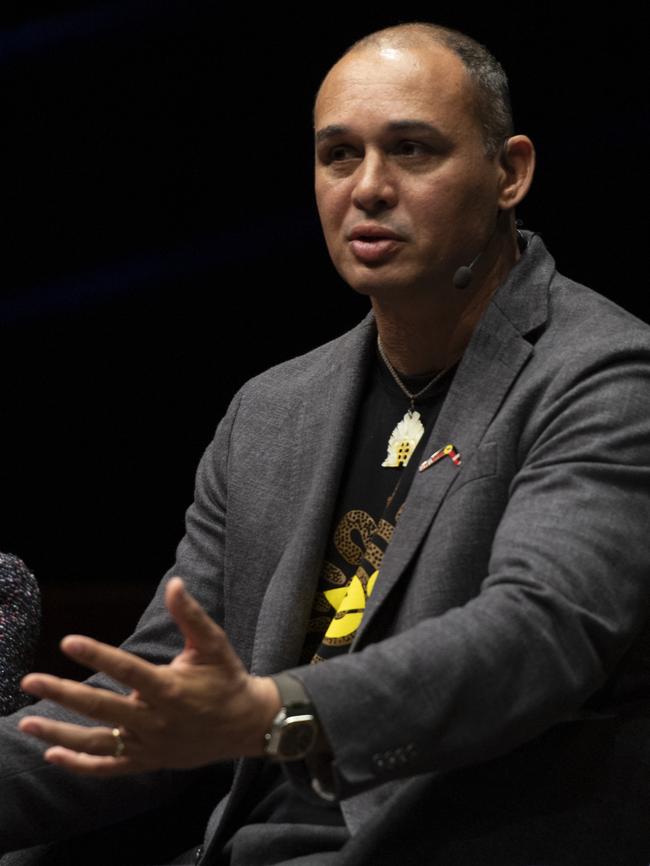
Advised by assorted Australian academics, Boric sought to transform Chile’s politics from an imperfect neoliberalism – informed by Milton Friedman – into a dubious experiment in woke environmentalism – informed by Greta Thunberg. But dream it remained: two-thirds of voters rejected the overwrought compote.
What lessons does this offer Australia as we contemplate a Labor plan to alter our Constitution?
The first lesson is that race, gender and environmentalism are not an easy sell, separately but especially in combination. The ubiquity of rainbow flags is not indicative of a consensus. Rather, it projects a hubristic orthodoxy ripe for challenge. The voice referendum, like the Chilean one on its constitution, could well present that opportunity.
Second, don’t assume everyone is as sentimentally left-wing as you are, Prime Minister. The literal pulling of “heart” strings by Yes proponents is not a substitute for the lack of detail on how the entrenching of racial division into our Constitution will impact on Australian liberal democracy. We remain one of the most successful experiments in this form of government.
Chile presents a key difference here: the drafters of its constitution assumed interminable detail would conceal ideological intent. In Australia, the Yes campaign is based on the absence of detail to advance its wider ideology. We are being asked to vote on a vibe; that this must be the right thing to do because there is so much weeping and emotion on the Yes side.
The Australian Yes camp, whether it has studied Chile or not, might be on to something. Boric’s text clocked in at 50,000 words. Australia’s Constitution – for a nation slightly larger than Chile – is only 21,500 (with notes). The US constitution, arguably the most successful in history, for a nation 13 times the size of Australia, is a mere 7591 words (with amendments). Size does matter.
In keeping details of the voice short, opaque and grounded in emotion, its opponents have a much harder time countering it. There may be more wisdom in Mayo’s approach than we realise. Time will tell.
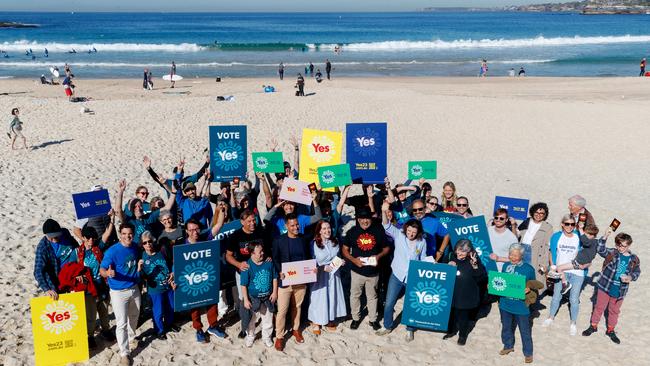
A third lesson is to not assume that all indigenous people, in Australia and elsewhere, are the natural constituencies of the progressive, campus left. Sizeable numbers of indigenous Chileans did not see their liberation in the new constitution. Rather, many feared it would perpetuate the condescending paternalism of their left-wing champions. Sound familiar?
In Paraguay, to my surprise, I encountered a robust conservative indigenous politics. Young Guarani professionals, despite many being trained in the woke classrooms of Australian universities, identified as centre-right. Sceptical of the Boric-Mayo quasi-communist path to liberation, they had built businesses, created jobs and sought not to radicalise the poorest sections of Paraguay’s society, but to free them from state welfarism. They wanted race to matter less, not more. All this from within a culture much more scarred by indigenous genocide than anything Australia has approximated.
It was bizarre to our Latin American hosts to see their Australian visitors acknowledge Aboriginal land they were not on. This convention here, and certainly abroad, must surely be approaching its shelf-life? The voice referendum may provide a partial answer.
Fourth, nationalism is much hardier than progressives are willing to admit. The majority of people in Chile and Australia rather like their nations. The left finds this baffling. “Surely, Australians know they must atone for their sins of white foundation?” The legitimacy of welcomes to and acknowledgements of country rely on this question being answered in the affirmative. The voice referendum may well expose this Mayoian wishful thinking.
The drafters of Chile’s constitution wanted a “plurinational” state. The new, progressive Chile would embody many nations. It would, much like the Trudeau regime is attempting in Canada, become a “post-national” country. This might press the buttons of academic social scientists. But most people in Chile rejected it. And they look likely to do so here too.
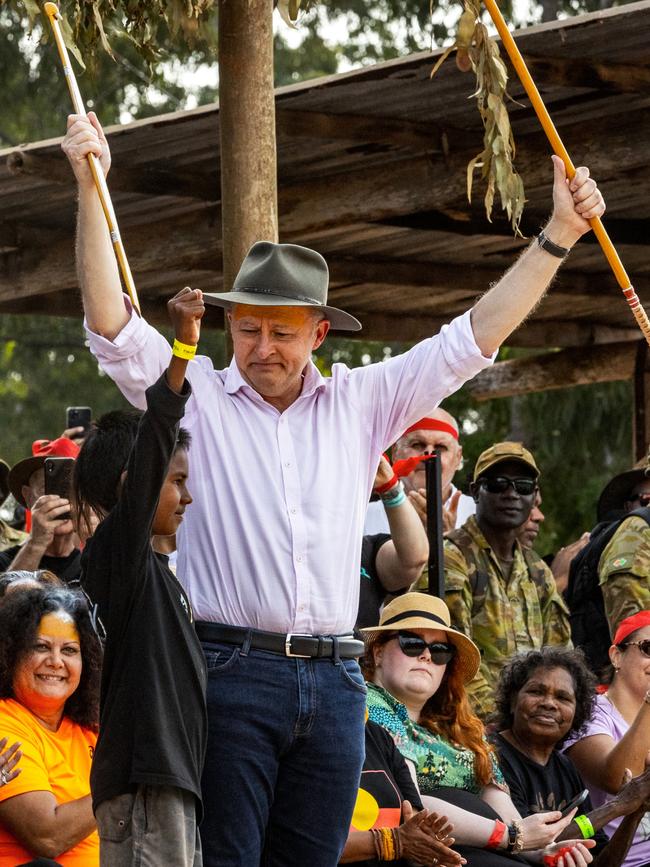
Fifth, remember the diversity of political approaches to indigeneity. This is not a one-size-fits-all debate. The neo-Marxist binary of oppressor versus oppressed obscures how race politics varies across national arenas. Comparative/global indigenous studies would be a fascinating area of study. It is a turn our universities are slowly taking.
The white guilt narrative plays inconsistently across the world. Alberto Fernandez, President of Argentina, for example, is no Anthony Albanese. In 2021, he asserted the cultural superiority of European settlers: “The Mexicans came from the Indians, the Brazilians came from the jungle, but we Argentines came from the ships. And they were ships that came from Europe.”
No Australian politician would last five minutes after the equivalent claim.
Finally, we need to acknowledge that making constitutions is hard; amending them rare and often momentous. Chile is a case study the No and Yes camps here need to know better. Wishful, heartfelt motivations are not enough.
The anger of Lidia Thorpe (in the No camp) or emotionalism of Thomas Mayo (in the Yes camp) is unlikely to realise the racial justice they both seek. There is hope out there that race may be less salient than Australian progressives insist. Ask Gabriel Boric – and book a flight to Santiago and Asuncion.
Timothy J. Lynch is a professor of political science at the University of Melbourne.


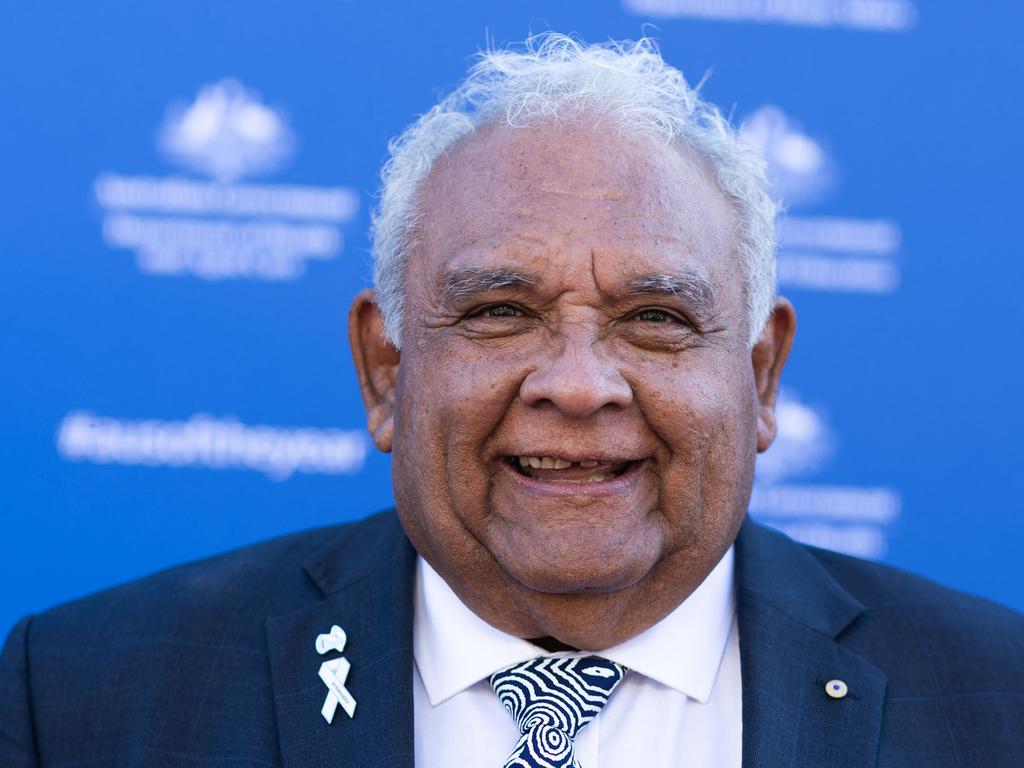
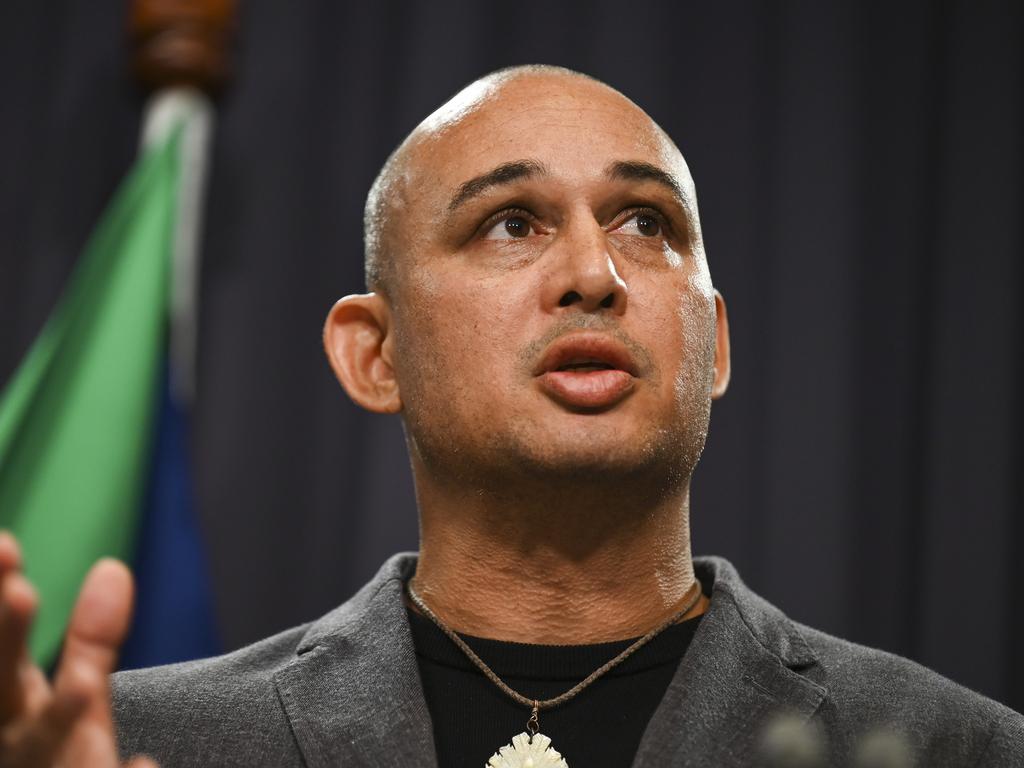
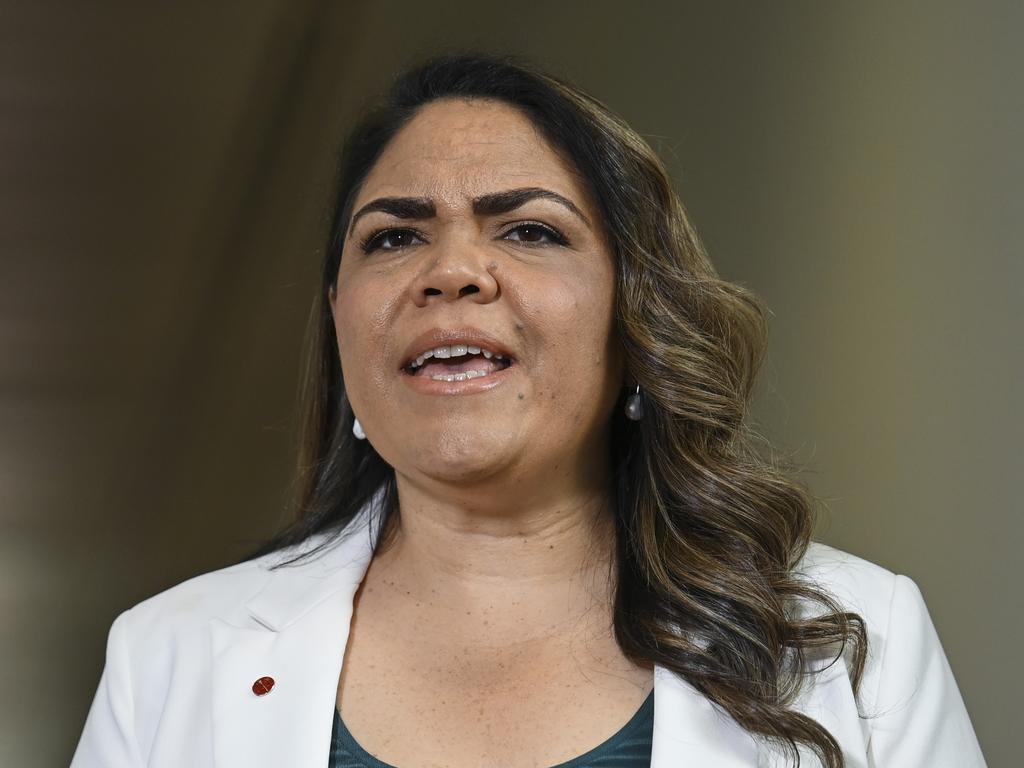
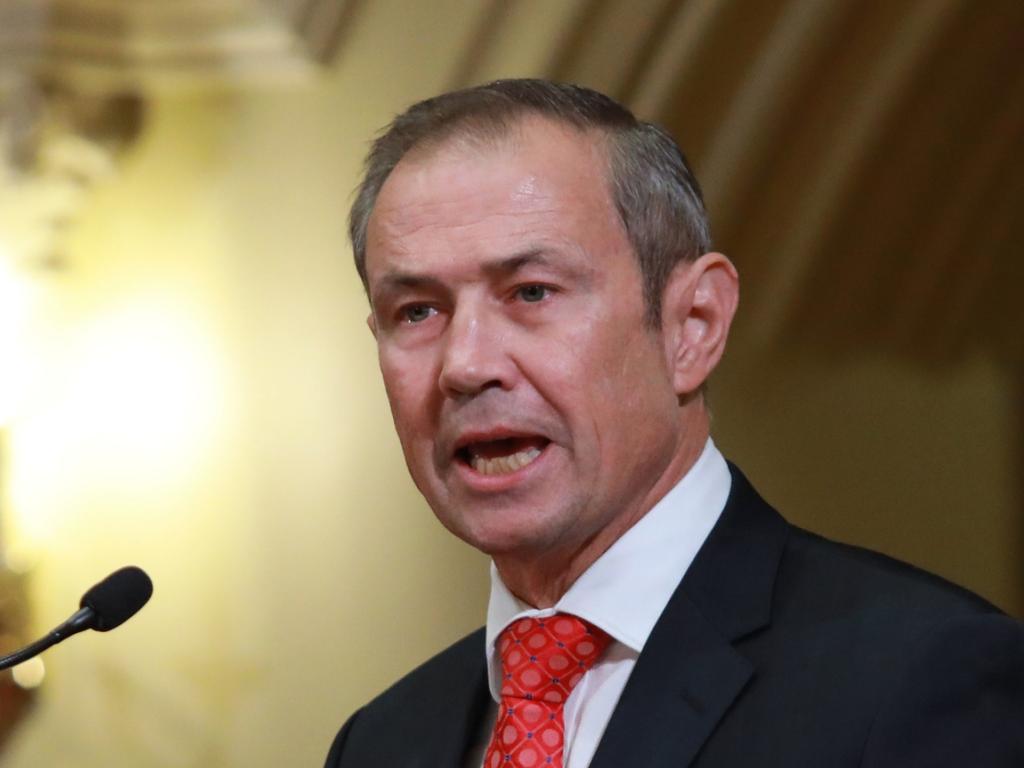


If Lidia Thorpe ran Australia, it would look like Venezuela. But if Thomas Mayo were PM, we would resemble Chile.